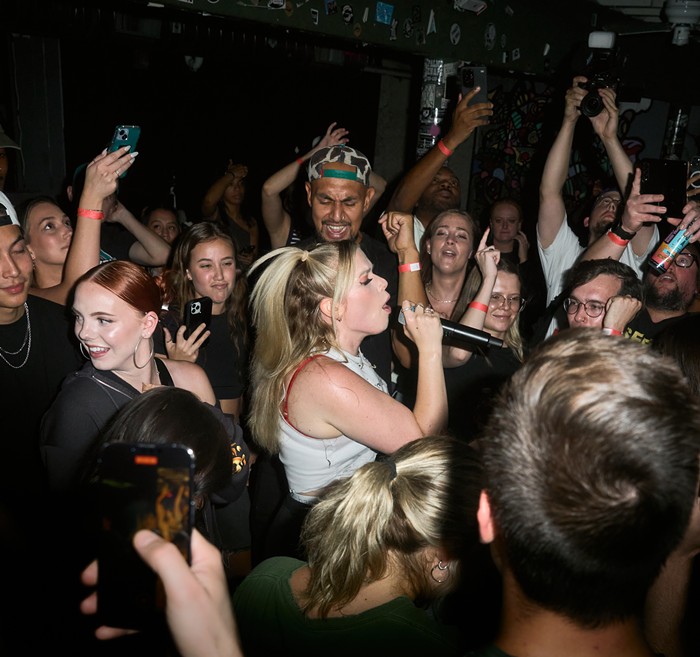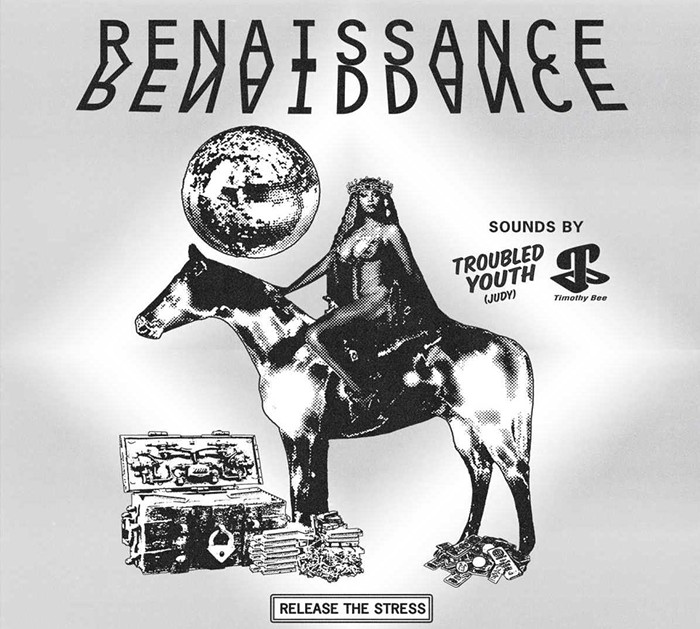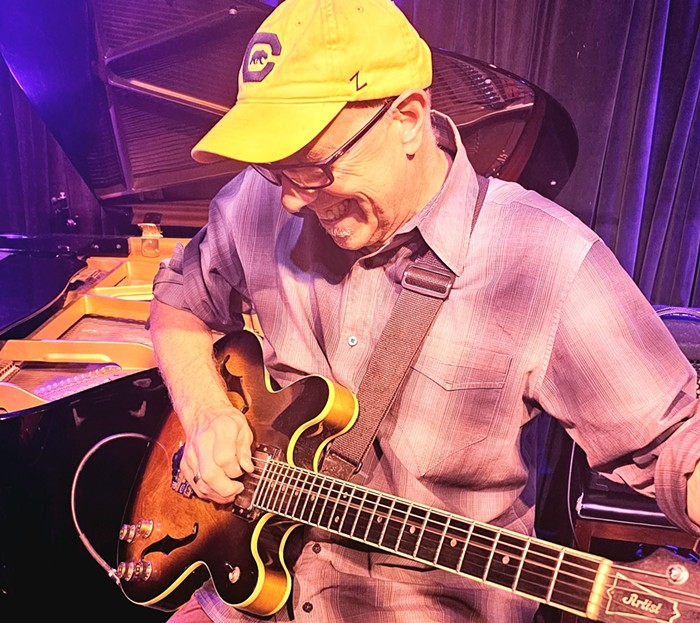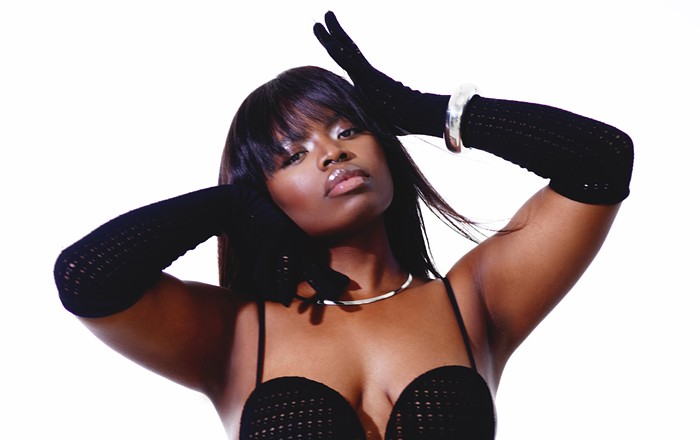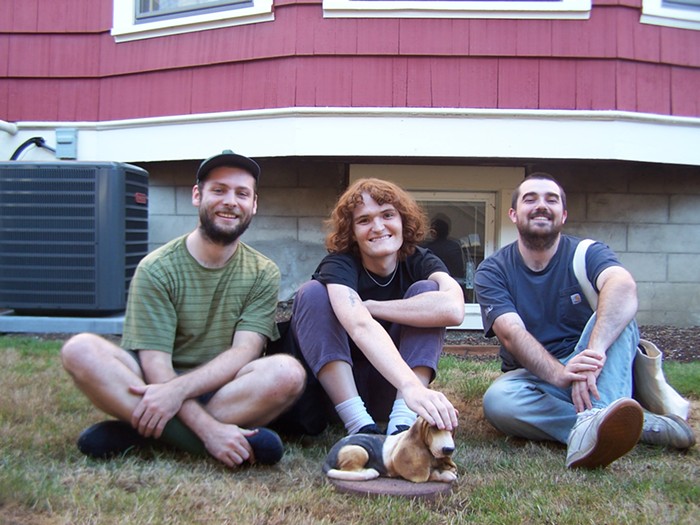WHETHER THEY'RE GRACING the cover of Spin or simply getting name-dropped on a friend's blog, even haughty "outsider artists" secretly crave all the accolades they can gobble up. The Dead Air Fresheners, however, are a notable exception to this rule. For 10 years this fluctuating experimental society has performed under the cover of anonymity, sporting masks, costumes, and whatever else it takes to preserve their secretive legacy. These avant-garde agitators originated around the annual Olympia Festival of Experimental Musics, but most of their formative years were spent, according to the band, "in a dilapidated beachfront mansion on the Eld Inlet in Thurston County, Washington, hypnotizing seals with Moog and organ concertos."
I caught up with the group's spokesman (let's call him "Musician X," for simplicity) to find out what the Dead Air Fresheners are trying to accomplish. "Our goal is to completely lose all identity within the Dead Air Freshener experience," he says. "While we have nothing against pop culture per se, or groups built around the cult of personality, we are trying to achieve the total opposite. We certainly present a spectacle, but at the same time we are completely amorphous."
Like fellow experimentalists Smegma, Dead Air Fresheners seem to be motivated by genuine eccentricity, as opposed to many other purveyors of hipsterism's recent claim on noise music. Their stockpile of homespun CD-Rs offers up a maddening quagmire of tape loops, synthesizers, and horns that sound like they've been engineered by aquatic mutants.
Despite a fondness for employing cut-up vocal recordings that imply some sort of agenda, Dead Air Fresheners aren't trying to cram some cryptic dogma down your throat. Says Musician X, "We are not dictators even when we play dictation tapes. We have a deep respect for the audience to come up with their own interpretations. We are much more interested in creating an experience than preaching philosophy. Bands today have no reason to behave so 20th century. We're in a new millennium and artists should be thinking about new ways to contextualize things."

